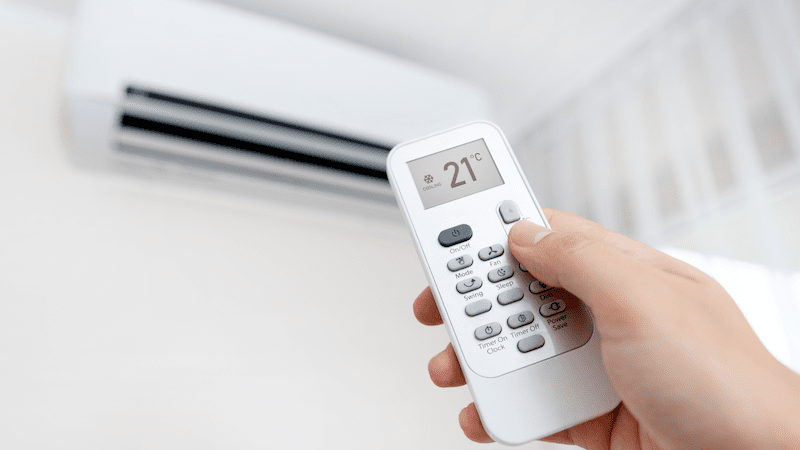Connecting...
What is hybrid air conditioning and why is it important?
about 4 years ago

With 50% of the energy we use coming from the built environment, it is understandable that government legislation is putting stringent controls on the efficiency of air conditioning, heating and cooling systems. One of the solutions that is emerging from innovative HVAC manufacturers is hybrid air conditioning.
What is hybrid air conditioning?
Hybrid air conditioning systems combine the benefits of water based and refrigerant based systems to create a highly effective and super efficient solution that meets current regulatory requirements.
Mitsubishi recently installed a hybrid system to a hotel in Edinburgh which provides stable air temperature control throughout the building yet avoids the use of refrigerant in occupied spaces in order to comply with BS EN378 and reduce the need for leak detection.
The system delivers simultaneous heating and cooling with heat recovery outdoor units. Water replaces refrigerant to transfer heating and cooling to occupied spaces.
Why is it important?
Aside from the compliance issues, hybrid systems like the one developed by Mitsubishi are easy to install and maintain. They are versatile with sophisticated control systems that can deliver different levels of heating and cooling to multiple parts of the building.
Hybrid systems are energy efficient and can be controlled with precision. This is ideal for hotel settings where individual guests may have differing comfort requirements.
In the case of the Edinburgh hotel, outdoor condensing units harvest energy from the outdoor air into control boxes throughout the building, from which water piping runs within the ceiling void to each hotel room. The use of water instead of refrigerant means there is no requirement to install expensive leak detection equipment to comply with BS EN378.
The age of innovation
There is no doubt that the air conditioning sector is investing heavily in innovation, with manufacturers keen to edge ahead in a highly competitive market where legislation is driving rapid change.
We have previously talked in detail about innovations in the air conditioning industry including heat recovery systems and underfloor air conditioning systems, which can boost the sustainability of a building.
Cooling as a service is another innovation that is improving efficiency and supporting new product development. The main benefit here is that cooling is provided as a subscription service that includes maintenance and software upgrades. You can read more about this in our article on cooling as a service.
You may also be interested in our blog about the role of HVAC in decarbonising a nation
